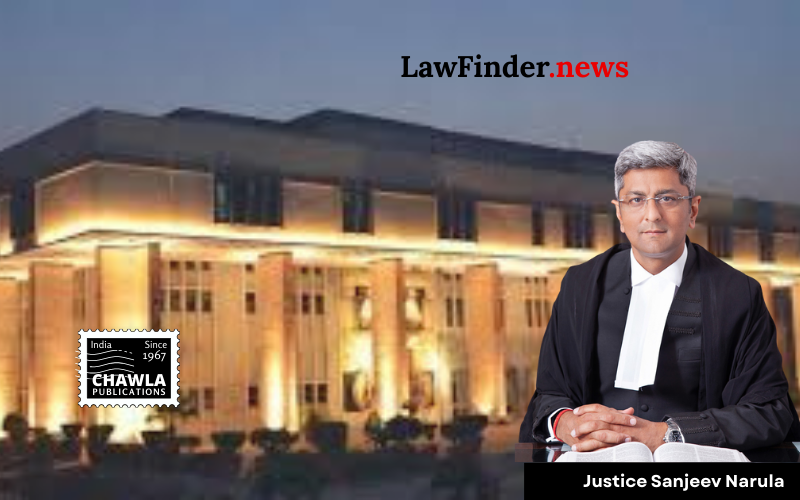Delhi High Court Upholds Dismissal of Complaint Against Police Officials
News Report:
The Delhi High Court, presided over by Justice Sanjeev Narula, has dismissed a petition filed by Ramesh Chawla, challenging the Sessions Court's decision to set aside the summoning order against two police officials. The judgment underscores the necessity of obtaining prior sanction for prosecuting public servants in connection with their official duties.
The case, titled "Ramesh Chawla v. State," revolved around allegations against Gurmeet Singh, then SHO of P.S. Model Town, and SI Suraj Bhan, who were accused of fabricating evidence and threatening Chawla. The petitioner claimed that the false implication in an FIR was due to connivance between the police officials and Rajeev Arora, who had a longstanding enmity with him.
Upon reviewing the case, the Sessions Court concluded that prosecuting the police officers required prior sanction under the Code of Criminal Procedure and the Delhi Police Act. The Court found that Chawla's complaint failed to meet these statutory requirements, leading to the dismissal of the petition.
Justice Narula highlighted the critical role of Sections 195 and 197 of the Code of Criminal Procedure, which mandate prior sanction for prosecution of public servants for acts connected with their official duties. Additionally, Section 140 of the Delhi Police Act bars prosecution unless filed within three months or with prior sanction beyond that period.
The judgment elaborated on the statutory limitations that protect public servants from vexatious litigation, noting that acts like drafting a tehrir and registering an FIR are core statutory duties of police officers. Even if mala fide intentions are alleged, such acts are considered connected with official duties and require prior sanction for prosecution.
The Court emphasized that the statutory safeguards are designed to ensure accountability while protecting public servants from motivated prosecutions. Consequently, in the absence of the necessary sanction, the Magistrate lacked jurisdiction to summon the officers, reinforcing the importance of adhering to statutory bars.
Justice Narula's judgment reiterates the importance of maintaining a balance between enabling accountability and shielding public servants from unwarranted litigation. The decision upholds the Sessions Court's orders and dismisses Chawla's petition, emphasizing adherence to statutory requirements for prosecuting public servants.
Bottom Line:
Prosecution of public servants for acts connected with official duties requires strict adherence to statutory bars, including prior sanction under Cr.P.C and the Delhi Police Act, along with compliance to limitation periods.
Statutory provision(s): Code of Criminal Procedure, 1973 Sections 195, 197, 468, 482; Delhi Police Act, 1978 Section 140
Ramesh Chawla v. State, (Delhi) : Law Finder Doc Id # 2780205




